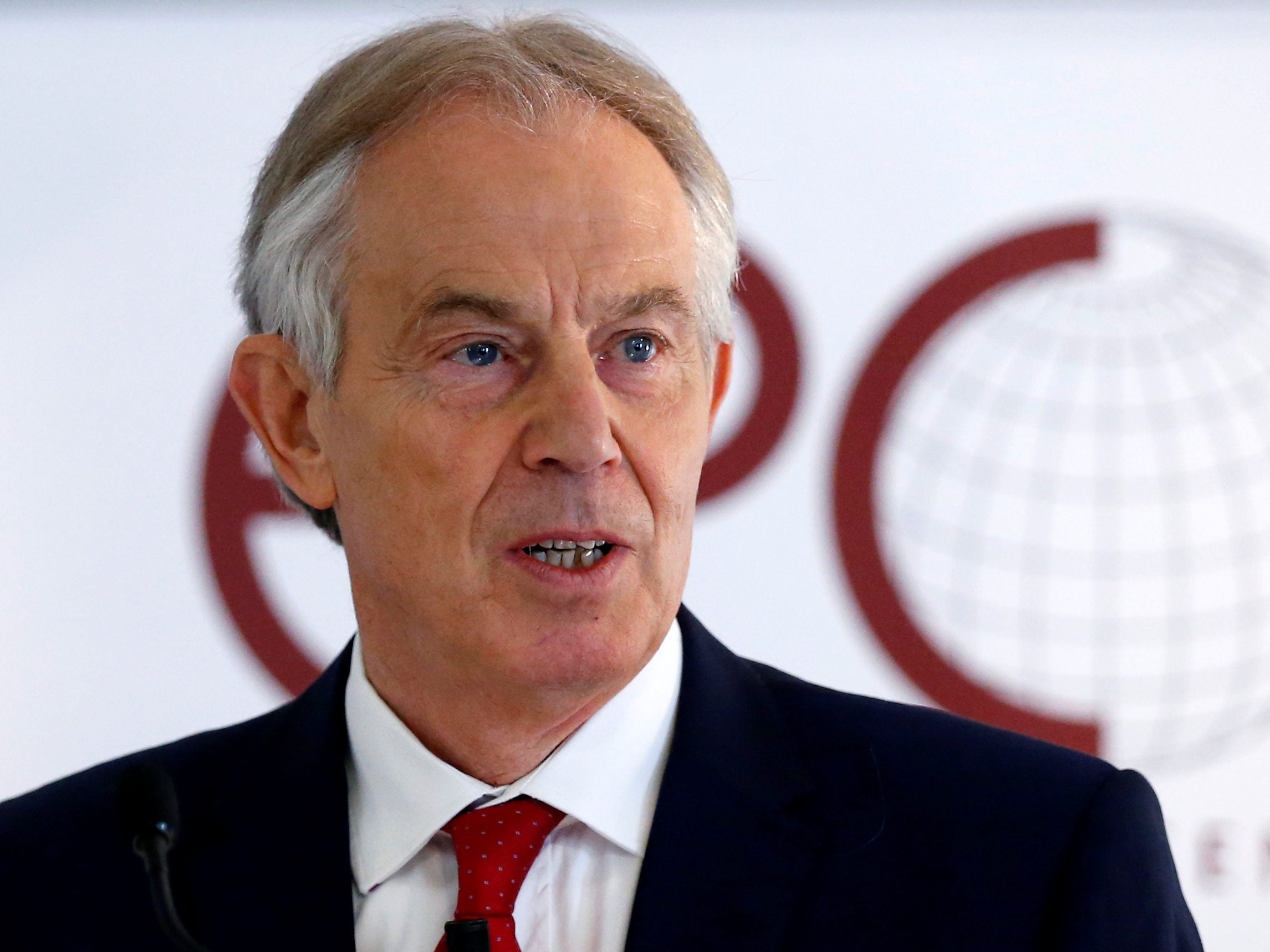
More than 600 journalists have taken part in what the organisers are describing as the “biggest journalism partnership in history”, the Pandora Papers investigation.
The investigation was co-ordinated by the US-based International Consortium of Investigative Journalists, which got 150 media outlets in 117 countries involved after it received a leak 11.9m confidential offshore investment data files.
The Guardian, BBC Panorama, Washington Post, Radio France, Le Monde, the Indian Express, Australia’s ABC and Australian Financial Review, and Canada’s CBC and Toronto Star were among the media organisations to take part.
The ICIJ said it needed a global team because the sources of the leaked documents were headquartered around the world, while Washington Post executive editor Sally Buzbee said the “sheer scope” of the records was too large for any single news organisation to review them effectively.
She said the Post decided to join the project “because we felt certain that the breadth of records obtained by the ICIJ would shine a light on aspects of the international financial system that have operated with little or no oversight”.
The reporting explores the financial secrets of 35 current and former world leaders, including ex-Prime Minister Tony Blair (pictured) and more than 330 politicians and public officials.
Blair and his wife Cherie were revealed to have bought a London office building via an offshore firm and saved £300,000 in tax. Mrs Blair told the Guardian the company and building had been brought back under the UK’s tax and regulatory regime.
Although setting up or benefiting from offshore entities is not illegal, the practice is often seen as unethical. The ICIJ said the investigation showed how many of the power players who could help bring an end to the offshore system instead benefit from it, often by paying little or no tax.
In 2016 the Panama Papers investigation, also co-ordinated by the ICIJ, saw 400 journalists make sense of 11m documents dating back 40 years from a single offshore services provider, Panamanian law firm Mossack Fonseca.
The Paradise Papers followed in 2017 and was at the time “the most complicated project the Guardian has ever been involved in” for reasons of story scope, despite being nearly half the size of the Panama Papers in data terms.
This time, the Pandora Papers provided more than twice as much information as in 2016, revealing the ownership of more than 29,000 offshore companies from 200-plus countries and territories with the largest contingents from Russia, the UK, Argentina and China, the ICIJ said.
The ICIJ’s director Gerard Ryle said: “When we published the Panama Papers a few years ago, there was a lot of outcry around the world saying that this was a system that needed to end. But we’re now seeing the very people who could end the system … themselves benefiting from it.”
BBC Panorama and The Guardian were the UK partners on both the Panama and Pandora Papers.
The ICIJ’s media partners each spent up to two years scouring the documents to verify them and analyse their key findings to put them in context for audiences. The Guardian said it began its own sifting several months ago.
The Washington Post’s Buzbee said this legwork found “no indication of inaccuracy or that the papers’ release was targeted at any specific individual or government”.
She added: “The Post is proud to have taken part in reporting that has brought the Pandora Papers to light.”
Guardian head of investigations Paul Lewis said his team initially decided to review the files with the viewpoint that “tax havens deserve scrutiny and that leaks of this kind have in the past proven a major public service”.
He said the backdrop of the rich and powerful avoiding tax as many countries face potential tax rises coming out of the Covid-19 pandemic made the moral case for investigating the offshore economy “greater than ever before”.
“But we have always considered tax avoidance and evasion to be a subject of genuine public interest,” he said. “Important legal, societal, fiscal and moral issues are in play. Governments also need to be held to account, and it is the role of journalism to inform political debates around the need to reform legislation, rules or practices.”
Picture: Reuters/Francois Lenoir
Email pged@pressgazette.co.uk to point out mistakes, provide story tips or send in a letter for publication on our "Letters Page" blog
